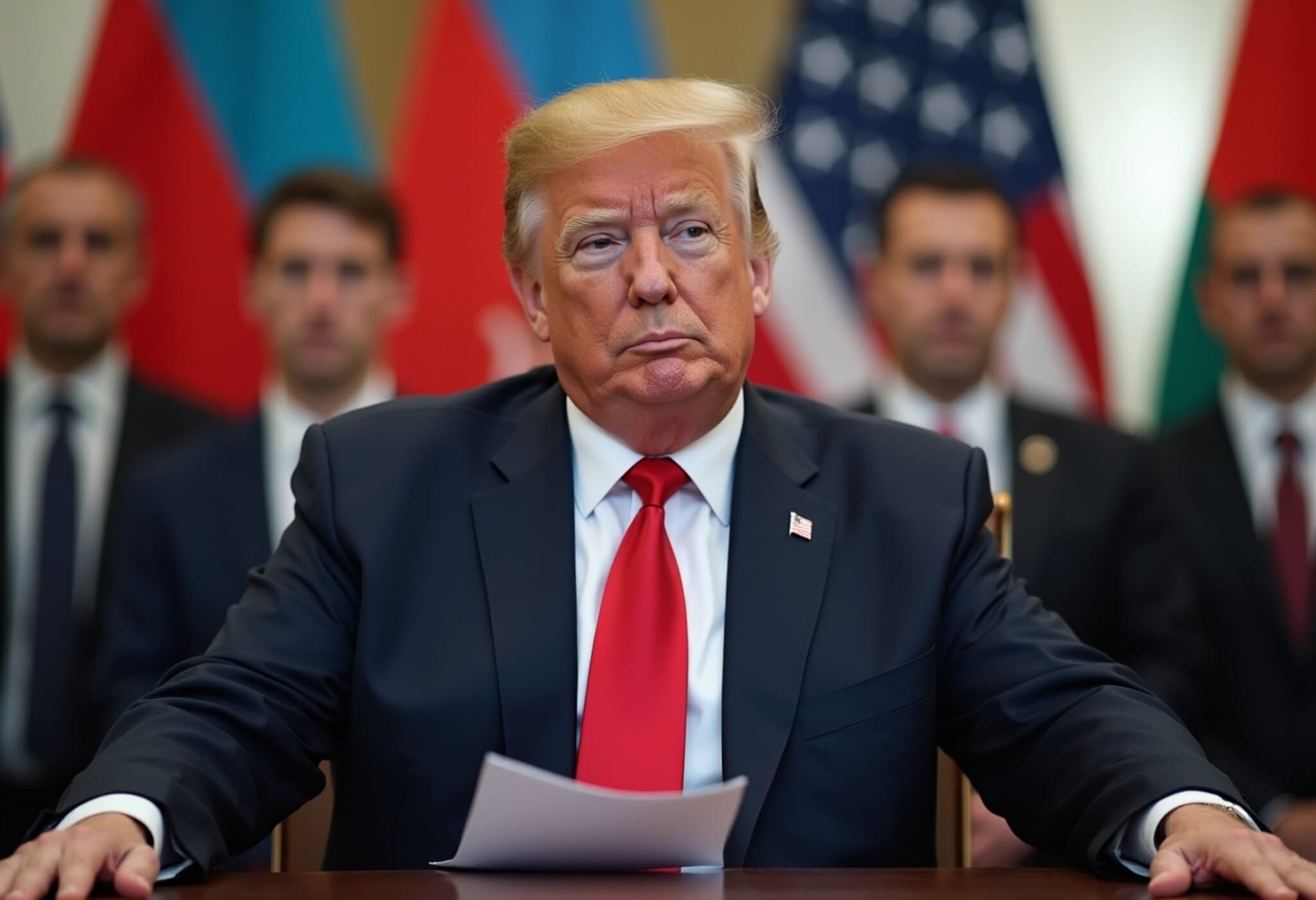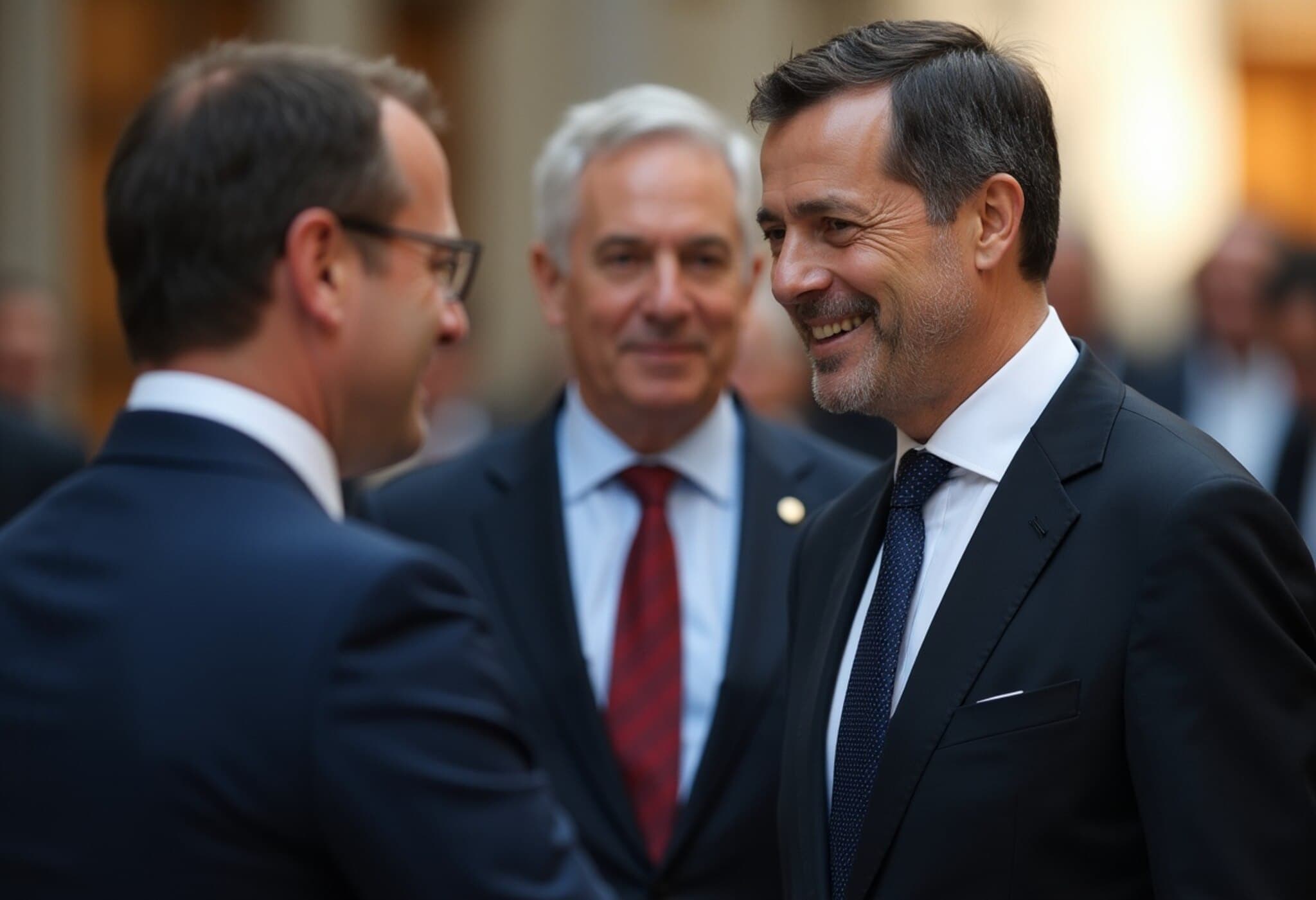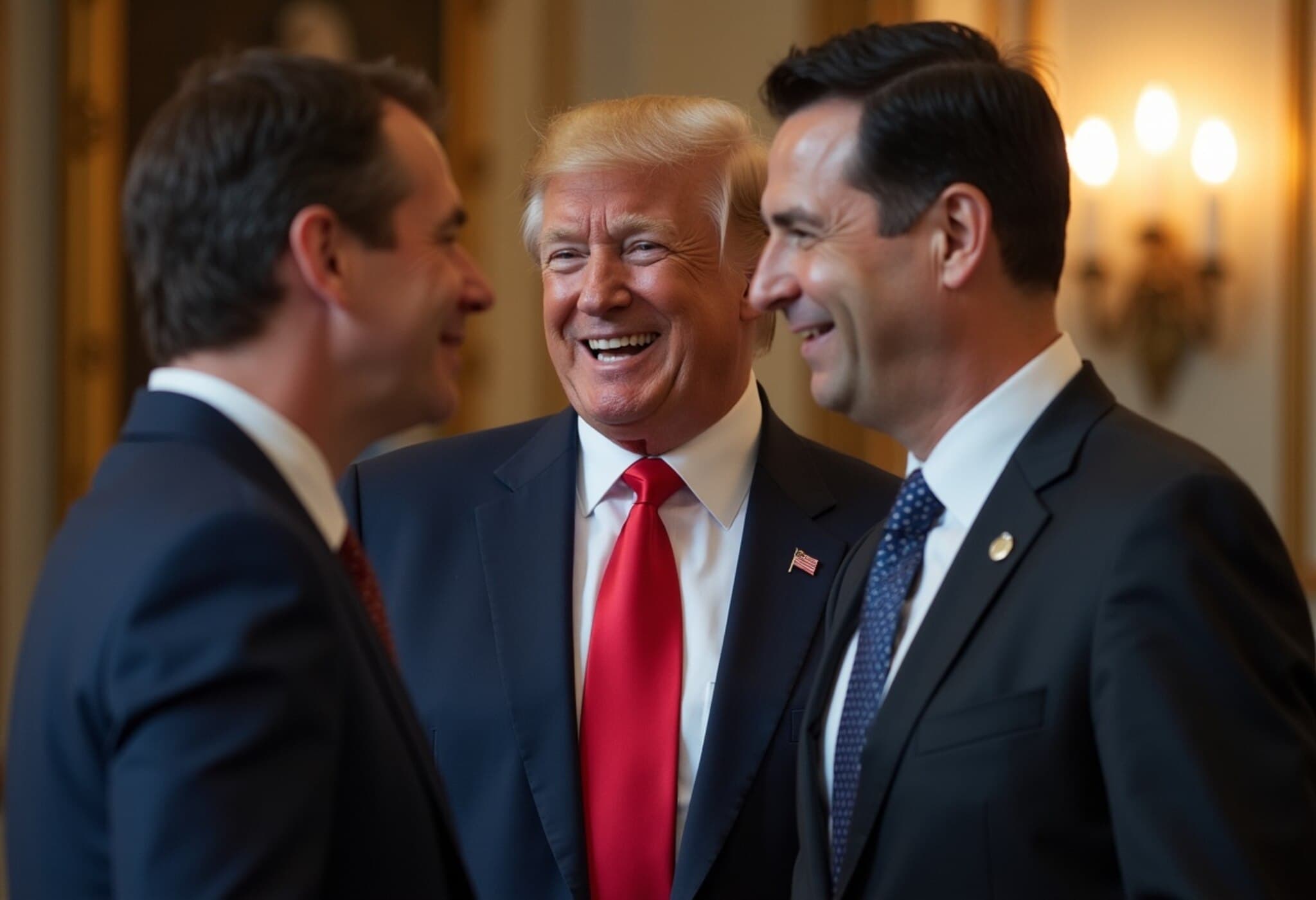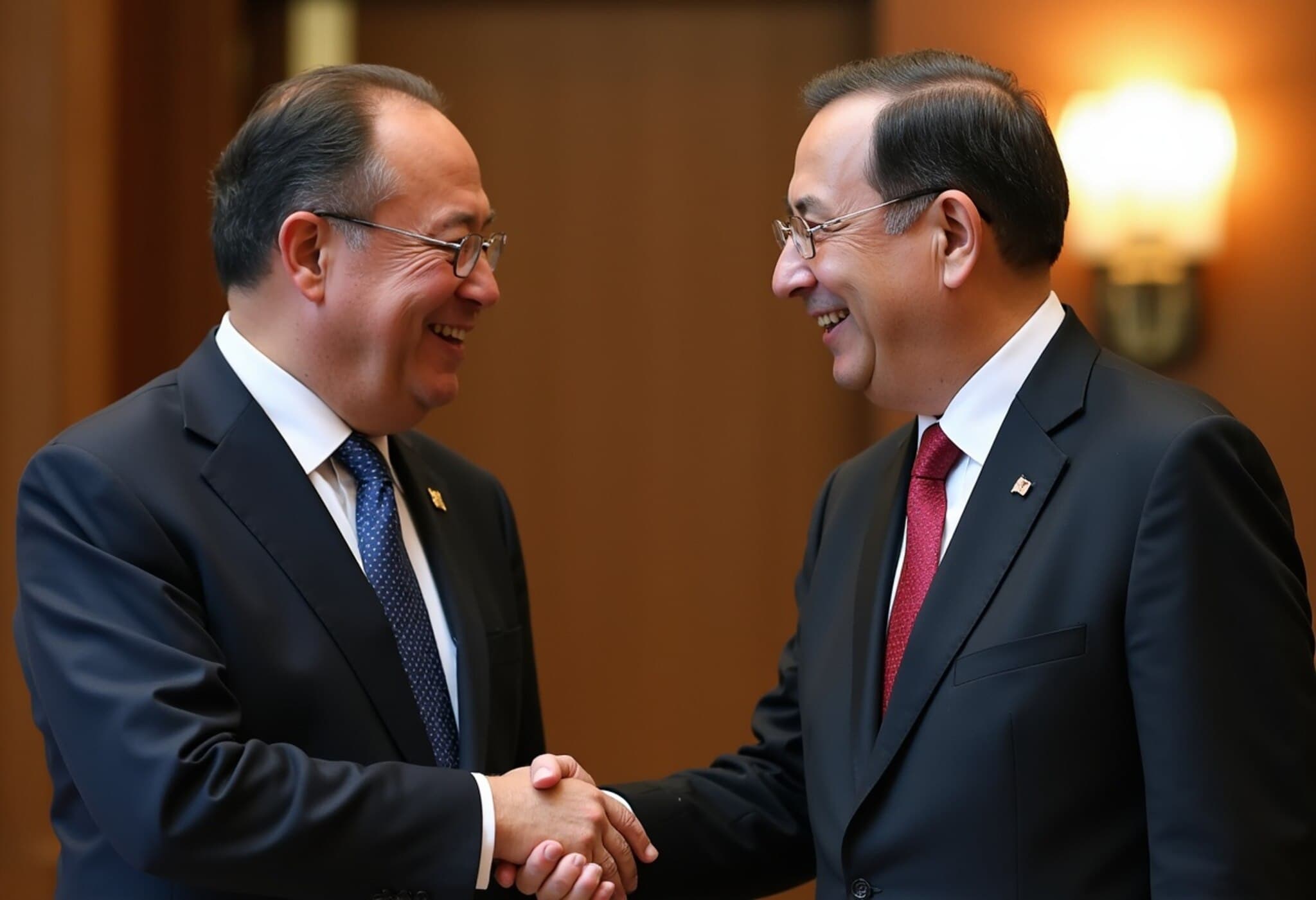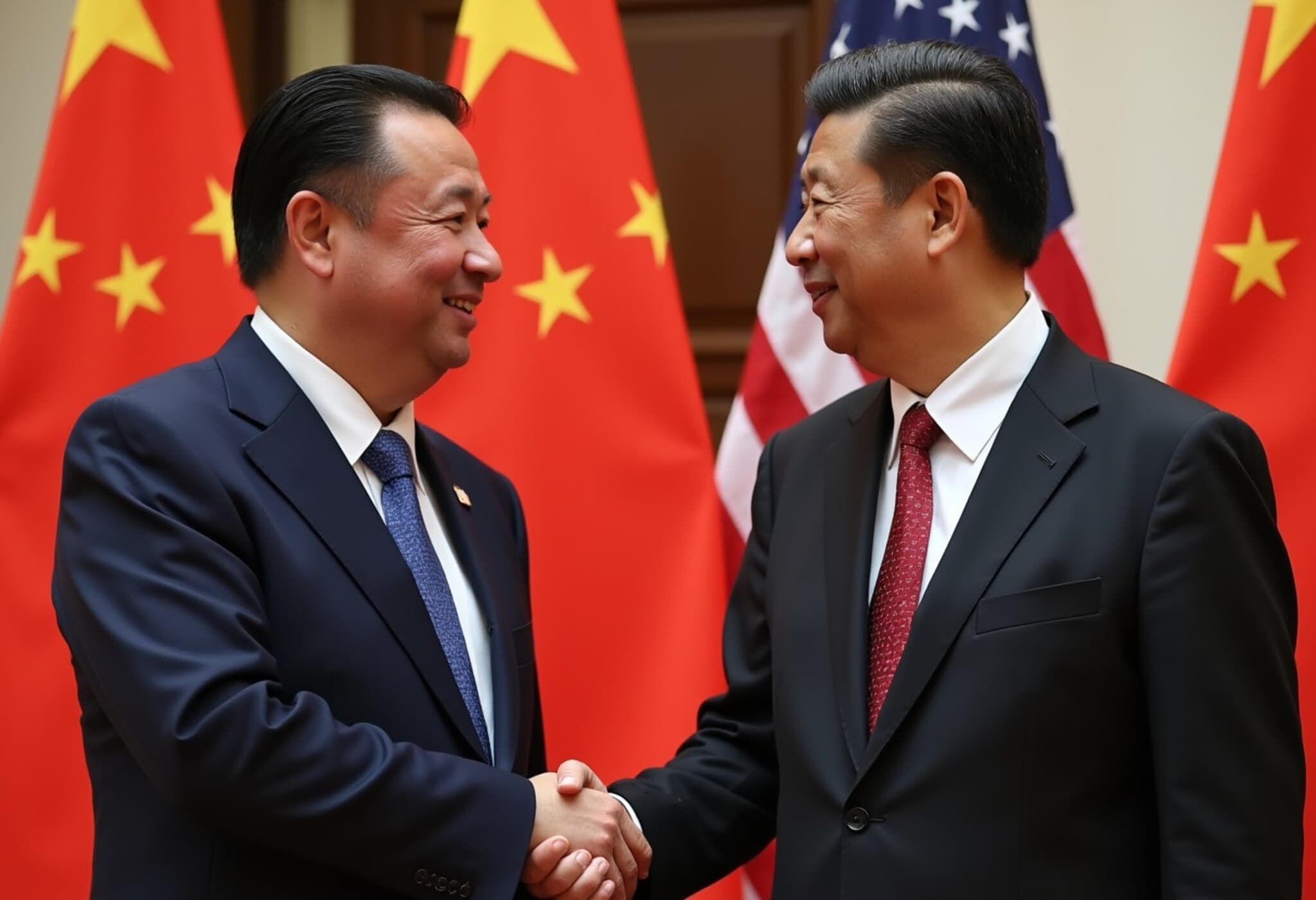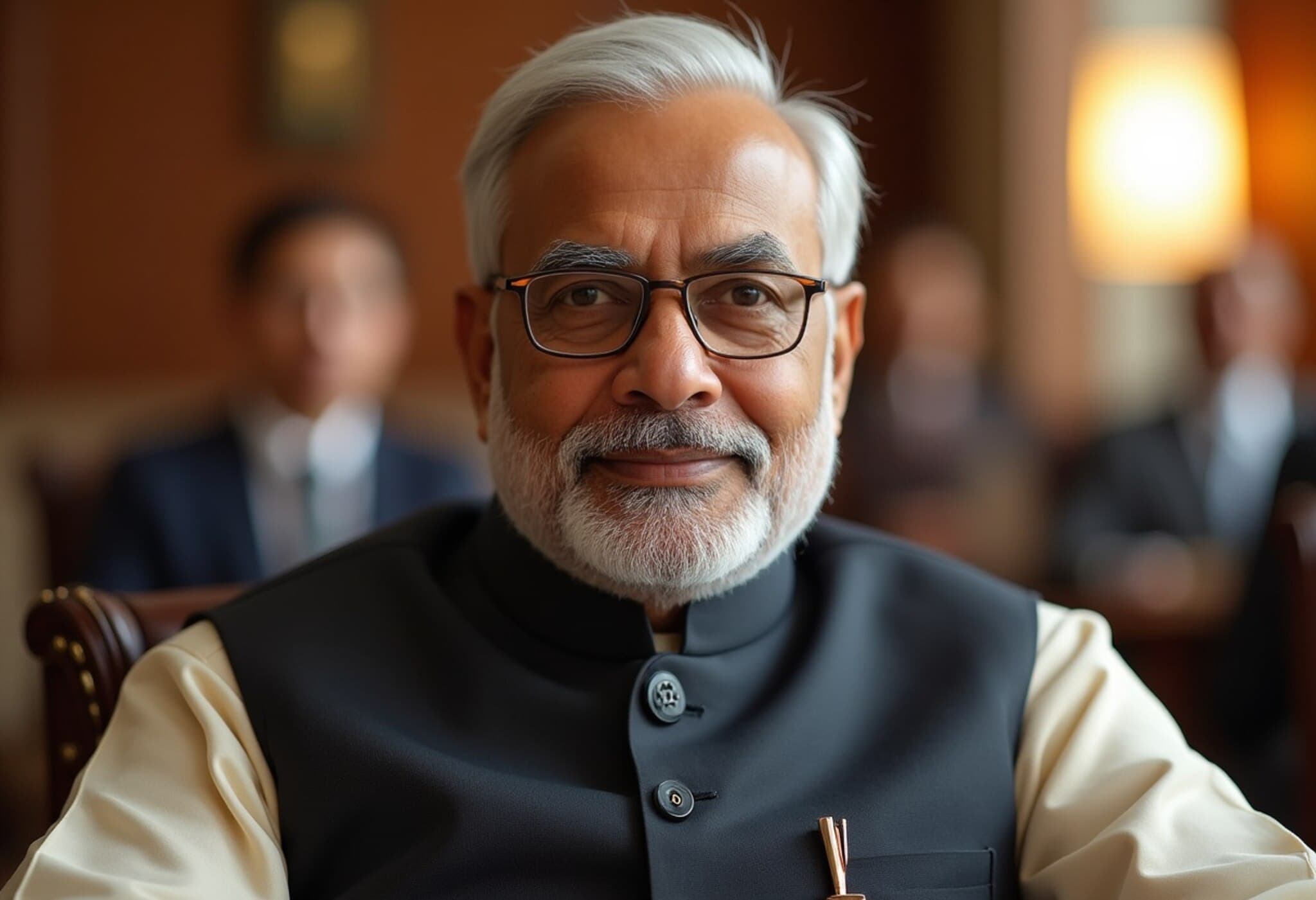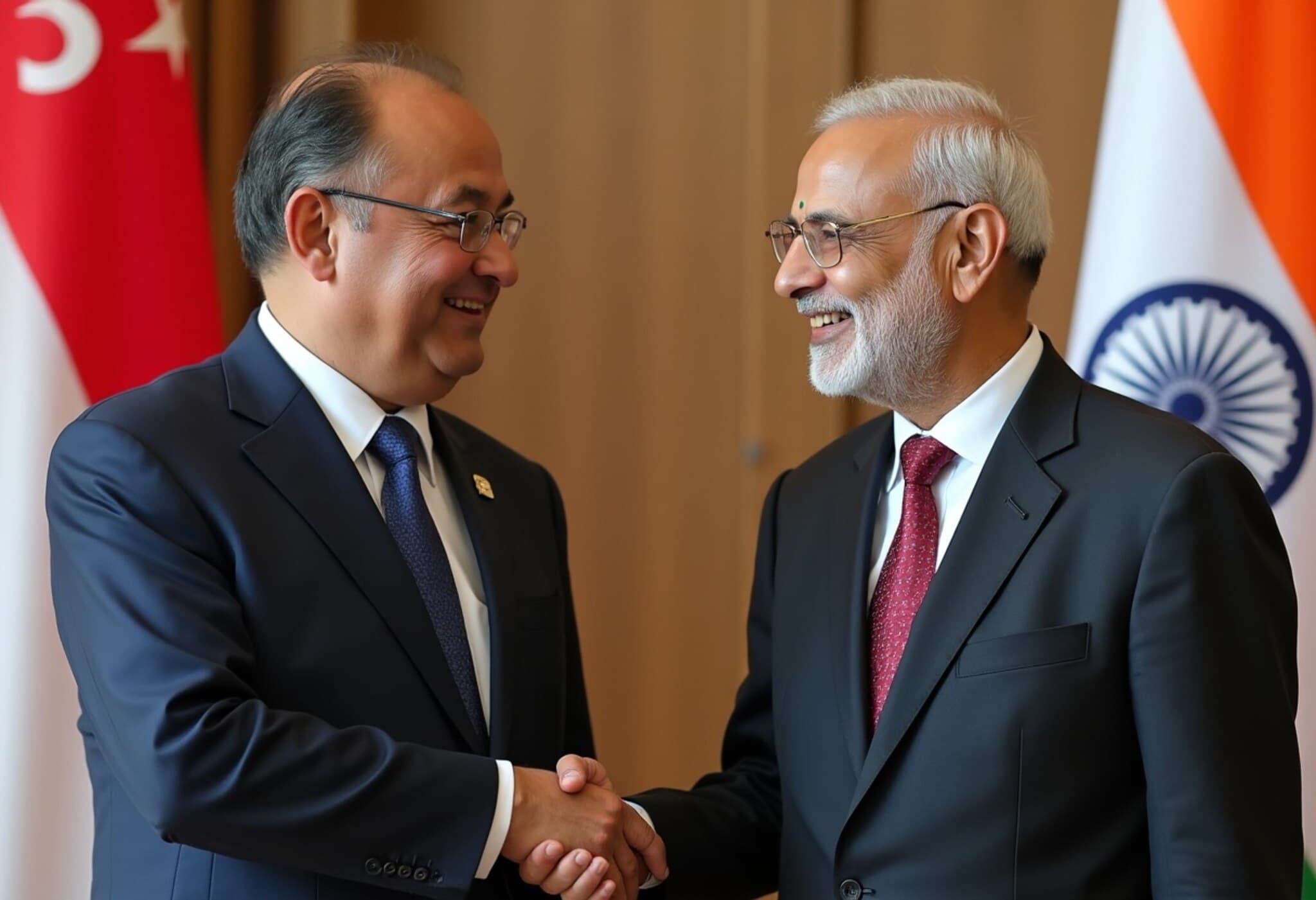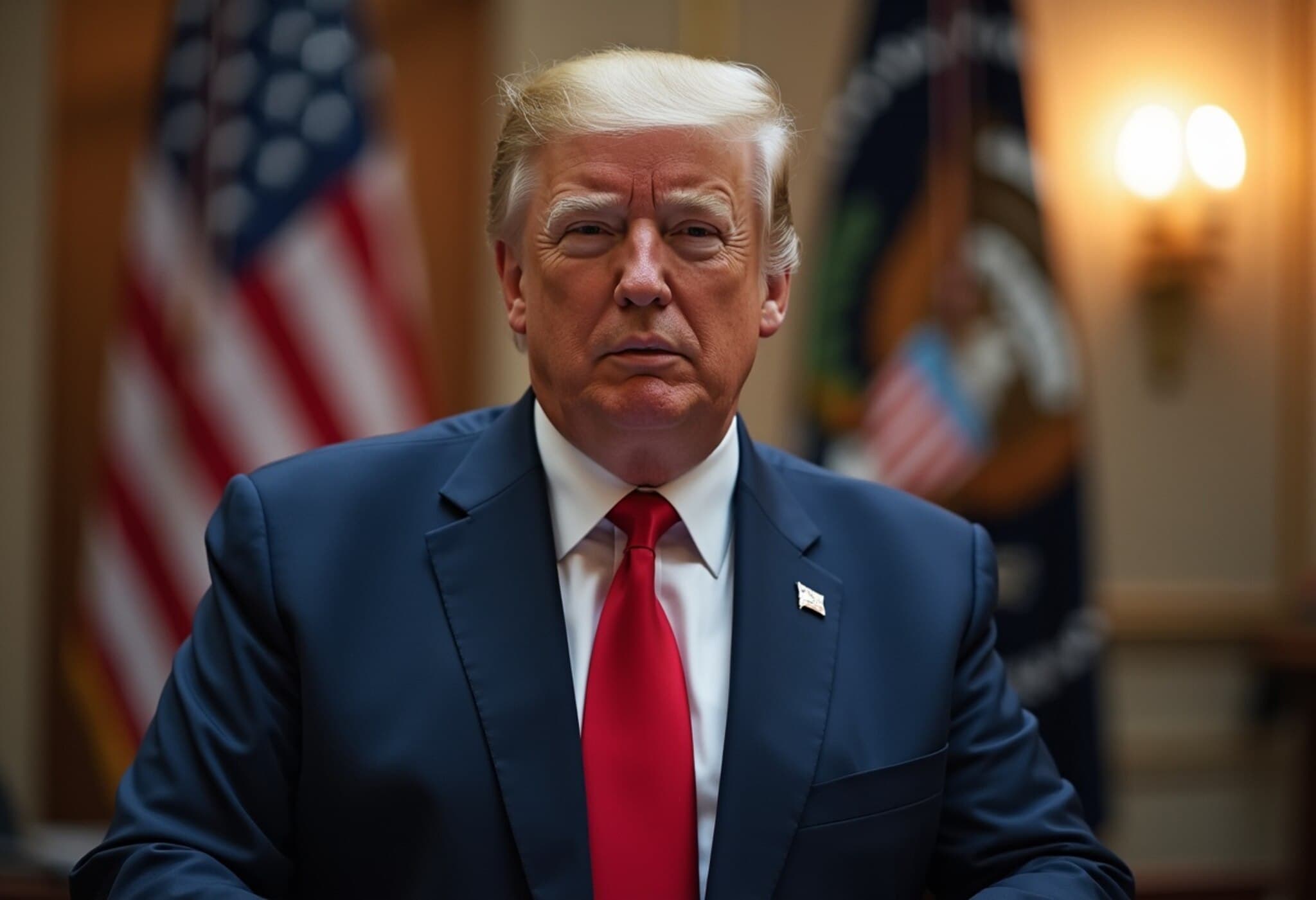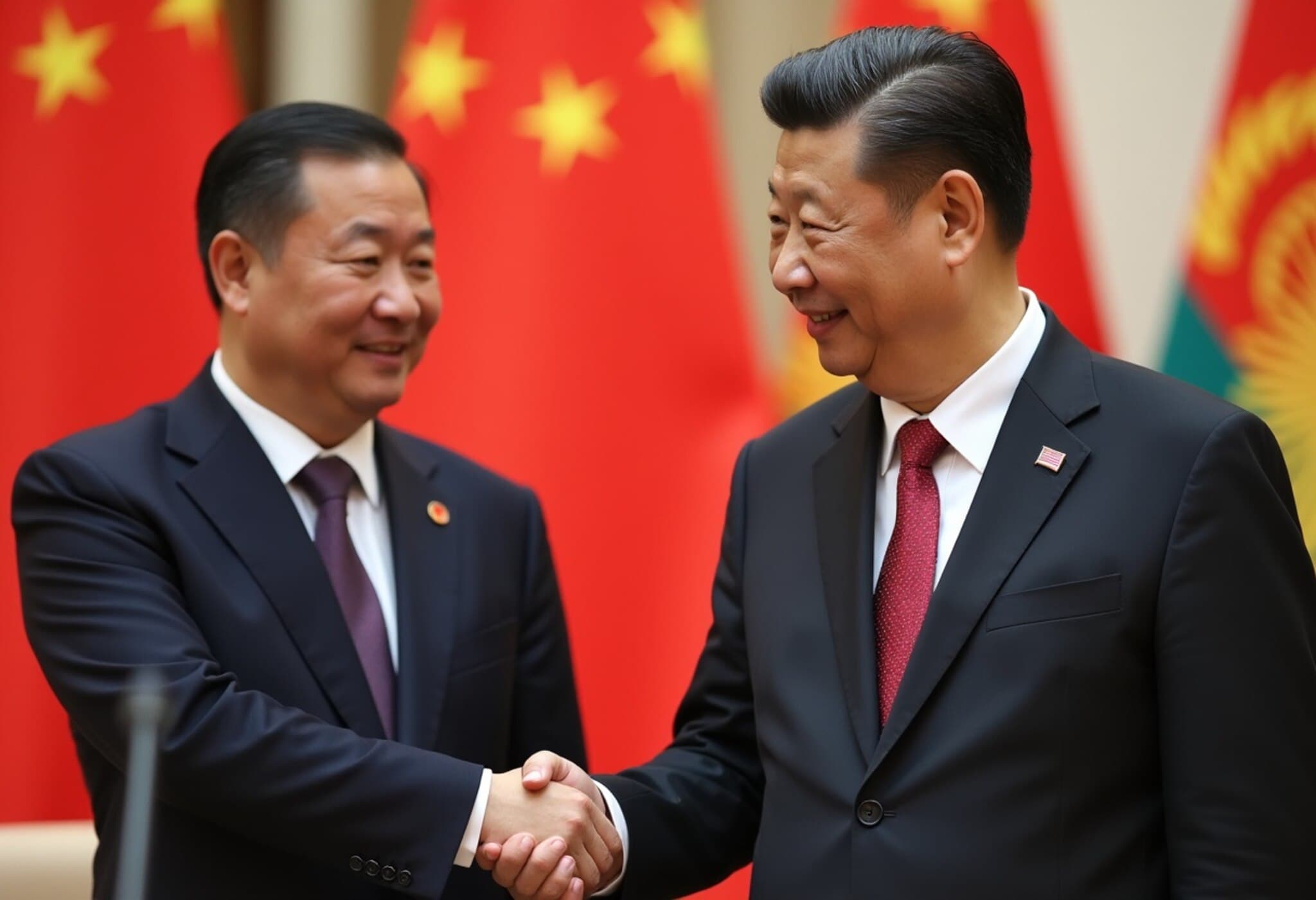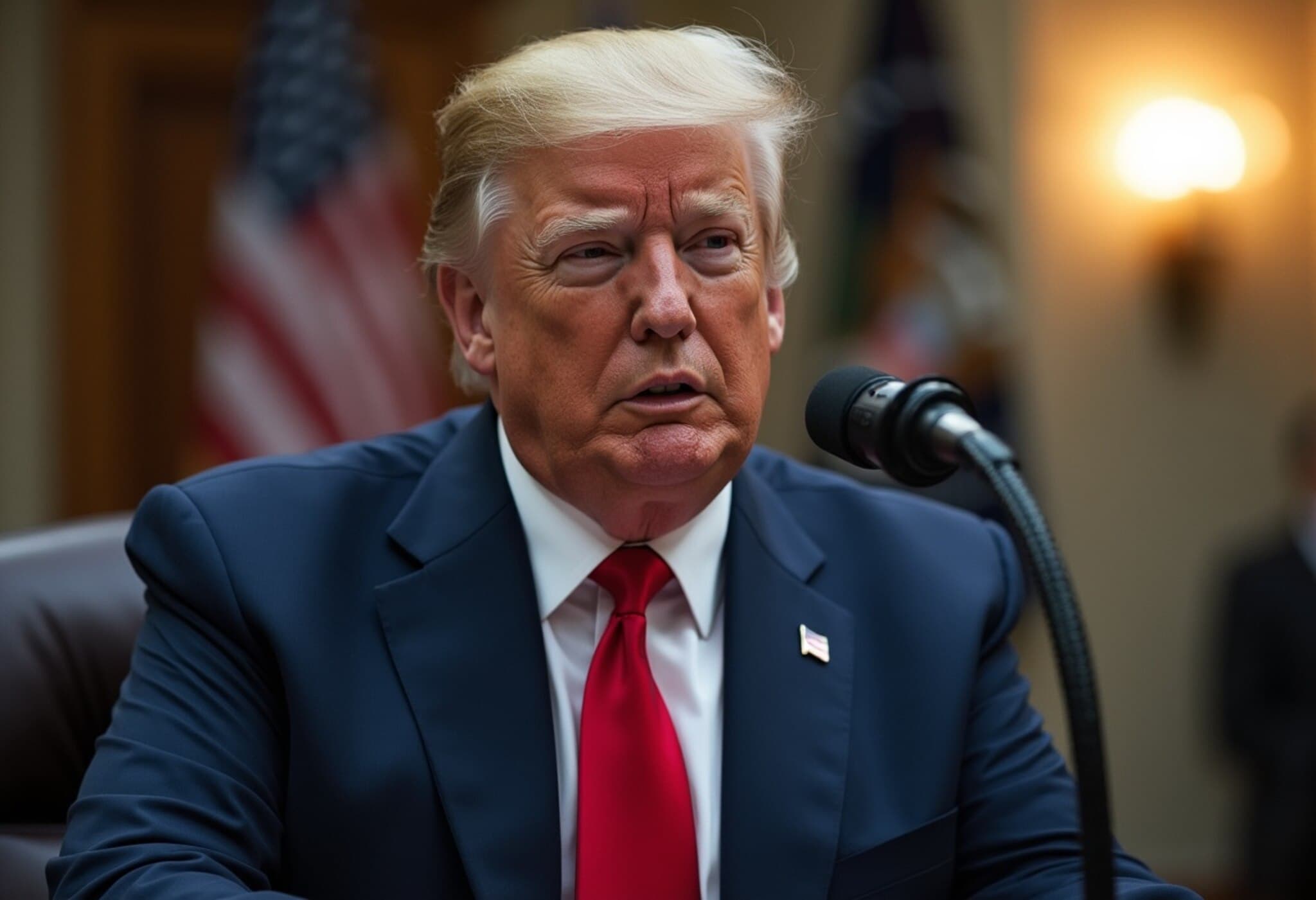Trump Administration Explores Expansion of Abraham Accords Beyond Middle East
In a significant diplomatic push, the Trump administration is reportedly engaged in advanced negotiations with Azerbaijan and preliminary talks with several Central Asian nations aimed at broadening the scope of the Abraham Accords. Sources familiar with these developments reveal that the initiative is designed to deepen ties with Israel, even amidst ongoing regional instability and the humanitarian crisis unfolding in Gaza.
Background: From Historic Middle East Peace Deals to a New Regional Strategy
The Abraham Accords, originally brokered by the Trump administration in 2020 and 2021, marked a watershed moment in Middle Eastern diplomacy. These agreements saw four Muslim-majority countries – the United Arab Emirates, Bahrain, Morocco, and Sudan – normalize relations with Israel after decades of estrangement. The success of these accords rested on transformative diplomatic breakthroughs underpinned by US mediation.
Now, the administration seeks to widen this diplomatic framework by including Azerbaijan and potentially several Central Asian countries such as Kazakhstan, Uzbekistan, Turkmenistan, Tajikistan, and Kyrgyzstan. Unlike the initial Accords signatories, these nations already maintain longstanding diplomatic and trade relations with Israel, signaling that any new agreements would be largely symbolic but strategically valuable.
Strategic Importance of Azerbaijan and Central Asia
- Geopolitical significance: Azerbaijan’s location at the crossroads of Eastern Europe and Western Asia makes it a vital trade and energy corridor. Bordered by Russia, Iran, and the Caucasus, it holds a pivotal position in regional stability and energy transit, especially with its rich oil and gas reserves.
- Deepening military and economic cooperation: Though mostly symbolic, an expanded agreement could enhance cooperation on security, trade, and economic development, reinforcing US and Israeli influence in Central Asia.
- Soft power extension: Engaging countries that already have relations with Israel may allow the Trump administration to showcase incremental diplomatic successes amid broader regional challenges.
Challenges: Ongoing Conflict and Regional Sensitivities
The path to expansion is beset with obstacles, not least the protracted conflict between Azerbaijan and neighboring Armenia. Since the volatile Nagorno-Karabakh war in 2023, where Azerbaijan regained control of contested territory, tensions remain high. A lasting peace treaty between the two nations is considered a precondition for Azerbaijan’s inclusion in the Accords, according to multiple diplomatic sources.
This delicate balancing act is compounded by broader regional factors:
- Palestinian-Israeli conflict: The ongoing war in Gaza, which has resulted in tragic loss of life and humanitarian crisis, creates a highly sensitive environment. Saudi Arabia and other key Muslim-majority countries have firmly stated they will not normalize ties with Israel without Palestinian state recognition, complicating expansion efforts.
- Regional alliances: Armenia maintains close ties with the US and is primarily Christian, which adds a layer of complexity to Washington’s diplomacy given its cautious stance toward destabilizing relations with Yerevan.
Recent Diplomatic Moves and Prospects
Trump’s special envoy for peace missions, Steve Witkoff, visited Baku in March, followed by meetings between Azerbaijani President Ilham Aliyev and key aides in the spring. These structured discussions suggest a tangible momentum, with sources indicating a potential deal could materialize within months or even weeks.
Additionally, Azerbaijani leaders have reached out to Central Asian counterparts to gauge interest, though these talks remain preliminary. US officials reiterate that expanding the Abraham Accords remains a key foreign policy objective.
In July, President Trump expressed optimism, stating, “Armenia and Azerbaijan, we worked magic there. And it’s pretty close,” highlighting hopes for a peace agreement that could unlock Azerbaijan’s accession.
Expert Insight: The Broader Implications of Expansion
Political analysts emphasize that while expanding the Accords to Azerbaijan and Central Asia may lack the dramatic impact of the original agreements, it represents an evolving US strategy aimed at forging a broader coalition of moderate, Israel-friendly nations in a geopolitically critical region.
From an American policy perspective, this could serve to counterbalance increasing Russian and Chinese influence in Central Asia while sending a message of continued US engagement in Eurasia’s complex geopolitical landscape. Furthermore, the expansion might be viewed as a pragmatic approach to securing incremental diplomatic gains amid stalemates with larger players like Saudi Arabia.
However, questions linger about the durability of such agreements given the unresolved conflicts and rapidly shifting regional dynamics, especially with ongoing conflicts and humanitarian issues posing moral and strategic challenges.
Conclusion
While the ambitious goal of broader peace through the Abraham Accords faces substantial hurdles, the US administration’s efforts to include Azerbaijan and Central Asian nations reflect a nuanced approach to strengthening diplomatic ties with Israel’s neighbors. Whether these attempts will translate into lasting agreements is yet to be seen, but they underscore a continued US commitment to reshaping political alliances in a turbulent region.
Editor’s Note
The potential expansion of the Abraham Accords raises critical questions: Can symbolic agreements evolve into substantive peace in regions marked by deep-seated conflicts? How might these diplomatic efforts recalibrate power balances between global actors like Russia, Iran, and China? And importantly, what role should humanitarian considerations play in shaping foreign policy amid such arrangements?

